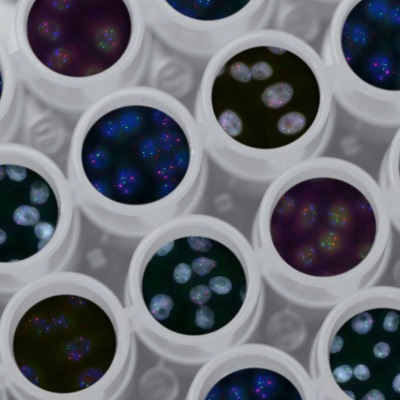
Cancer survival is improving for almost all cancers. One major reason is the customization of treatments for patients.
At the Moores Cancer at UC San Diego, a multidisciplinary molecular tumor board was created to guide physicians on the best way to use each patient’s tumor makeup to design individualized treatments. 429 patients were evaluated by physicians using advice from the molecular tumor board. Using each patient’s information, researchers attempted to match a treatment drug to them. The researchers reported that in 62% of the cases, the tumor board and the doctor treating the patient agreed on at least one drug and in 20% of cases, there was agreement on all possible drugs - including combination therapies. In contrast, there were 38% of cases in which physicians chose not to follow the advice of the molecular tumor board. Instead, they opted to follow standard treatment approaches that may not have matched to the personal genetic changes seen in the patients.
Researchers found that the 3-year survival of patients who had high degrees of matching and received personalized treatments was 55%. In patients with little ot no agreement, the three year survival was 25%.
Although individualized treatments have the potential improve patient outcomes, this method may have some drawbacks. For instance, developing the treatments is difficult because biological and genetic patterns are different in each patient even if they have the same cancer type. Additionally, small medical practices may not have the resources or the capacity to develop personalized treatments for each patient.
